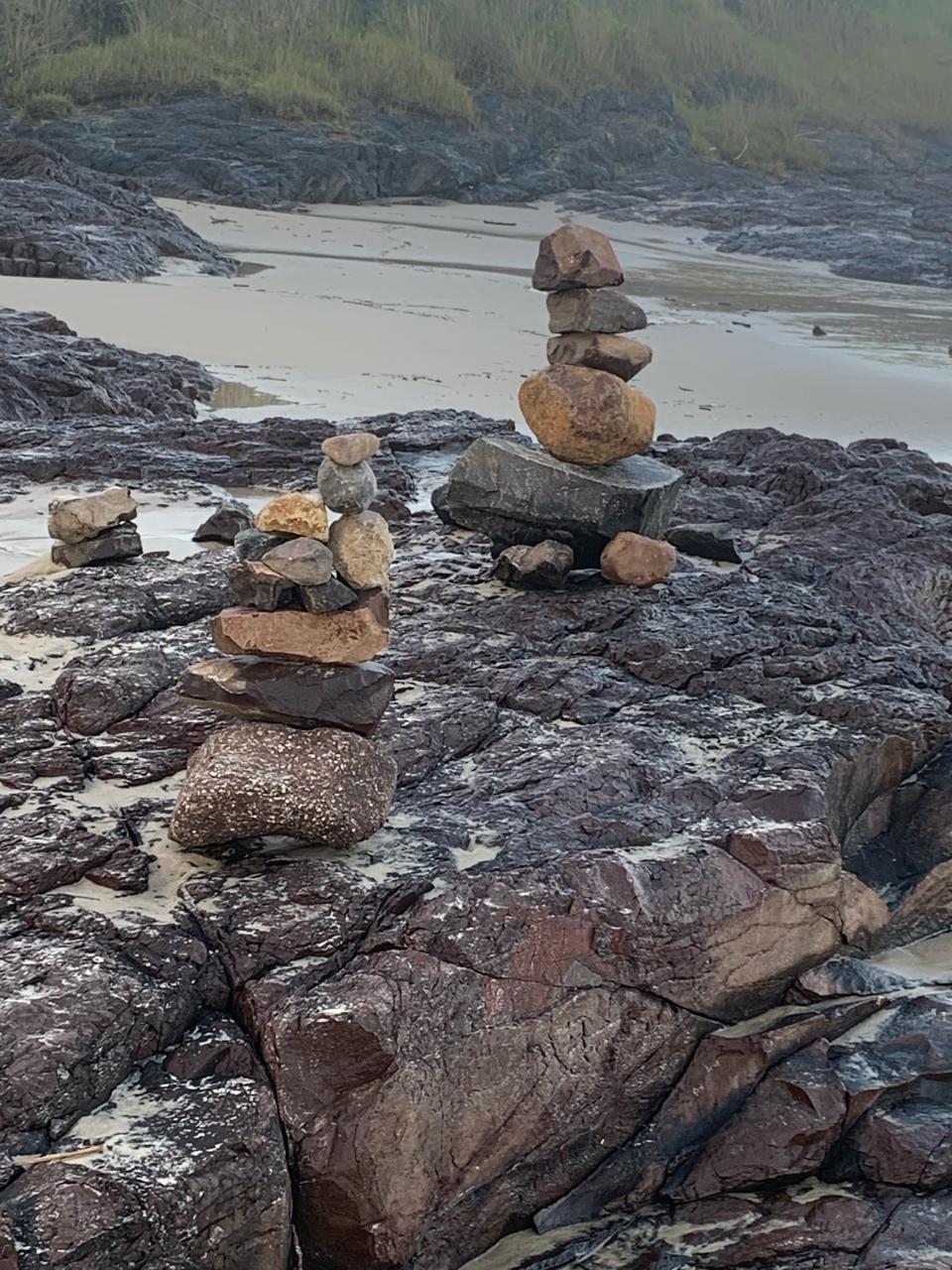Conscious rural tourism network in Brazil and the Sustainable Development Goals of the 2030 Agenda
Keywords:
Rural Tourism; Agenda 2030; Sustainable Development Goals., Conscious Rural Tourism Network.Abstract
This experience report is the result of a case study, carried out through research with the members of the TRC Network (Conscious Rural Tourism) when facing the challenges brought by the Covid-19 Pandemic and discussing the SDGs (SUSTAINABLE DEVELOPMENT GOALS). The SDGs have the role of guiding the resolution of current socioeconomic, political and environmental conflicts, also covering tourism as a determining activity for transformations in space and society. Each of them has developments that converge with each other. The work specifically highlights Objective 12, which refers to “Ensure sustainable production and consumption patterns”. Conscious Rural Tourism is a collective of entrepreneurs, with representatives from all Brazilian regions, acting with responsibility, sustainability, encouraging accessibility and inclusion. The main results indicate that experiences in Rural Tourism should be pleasurable, favoring interaction between visitors and visited, sowing tranquility, moving towards the implementation of new paradigms, which involve communities and the region, seeking sustainability. The creation of the TRC Network is recent and still requires greater articulation between its members and expansion of its actions, so that it is truly legitimized as a collective initiative. This document shows an initial and current overview of the articulations of those involved, in view of meeting the Sustainable Development Goals.
References
Assis, H. R, de. (2021). Reformular o Turismo para o Combate a Poluição Plástica. Link.
Brasil. (2003). Diretrizes para o Desenvolvimento do Turismo Rural. Brasília: Ministério do Turismo. Link
Buhalis, D. (2003). E-tourism: information technology for strategic tourism management. London: Prentice Hall.
Carvalho, T. L. G. (2016). O turismo no Morro da Babilônia (RJ): do reflorestamento ao Ecoturismo. RBEcotur, 9(1), 11-28. Link.
Confederação Nacional dos Municípios - CNM. (2016). Guia para Localização dos Objetivos de Desenvolvimento Sustentável nos Municípios Brasileiros: o que os gestores municipais precisam saber. Brasília: CNM. Link
Instituto Brasileiro de Geografia e Estatística - IBGE. (2010). Censo demográfico de 2010. Link.
Janesick, V. J. (1994). The dance of qualitative design. In: N. K. Denzin & Y. S. Lincoln (eds.), Handbook of Qualitative Research. pp. 209-219. Sage.
Lane, B. (2014). Turismo rural de segunda geração: prioridades e questões de pesquisa. In: A. Cristóvão, A., X. Pereiro, M. Souza & I. Elesbão (Org..), Turismo Rural em Tempos de Novas Ruralidades. pp. 15-48. Porto Alegre: UFRGS. Link
Organização Mundial do Turismo - OMT. (2019). Turismo e os Objetivos de Desenvolvimento Sustentável: como o turismo pode contribuir para os Objetivos de Desenvolvimento Sustentável (ODS). Link.
Organização das Nações Unidas - ONU. (2017). Articulando os Programas de Governo com a Agenda 2030 para o Desenvolvimento Sustentável e os Objetivos de Desenvolvimento Sustentável: orientações para organizações políticas e a cidadania. Link.
Organização das Nações Unidas - ONU. (2022) Sobre o nosso trabalho para alcançar os Objetivos de Desenvolvimento Sustentável no Brasil. Link.
Rede Turismo Rural Consciente - TRC. (2020). Pacto Empreendedores Turismo Rural Consciente: juntos pelo turismo. Link.
Rodrigues, A. B. (2000). Turismo rural no Brasil - ensaio de uma tipologia. In: J. A. Almeida & M. Rield (Orgs.), Turismo Rural: ecologia, lazer e desenvolvimento, pp. 51-68. Florianópolis: Edusc.
Roque, A. M. (2000). O reconhecimento das atividades turísticas no espaço rural de Minas Gerais. In II Congresso Internacional de Turismo Rural e Desenvolvimento Sustentável. (pp. ).
Silva, P. V. da. (2015). A importância da água para a percepção turística na bacia do rio formoso em Bonito-MS. Tese, Doutorado em Geografia, Universidade Estadual Paulista, Brasil. Link.
Volchek, K.; Liu, A.; Haiyan, C. & Buhalis, D. (2018). Forecasting tourist arrivals at attractions: Search engine empowered methodologies. Tourism Economics, 25(3), 1-23. Link.
Universidade Federal de Santa Maria - UFSM. (1988). Carta de Santa Maria. Link.
Downloads
Published
How to Cite
Issue
Section
License
Autores que publicam nesta revista concordam com os seguintes termos:
Os Autores mantém os direitos autorais e concedem à revista o direito de primeira publicação, com o trabalho simultaneamente licenciado sob a Creative Commons Attribution License que permitindo o compartilhamento do trabalho com reconhecimento da autoria do trabalho e publicação inicial nesta revista.
Autores têm autorização para assumir contratos adicionais separadamente, para distribuição não-exclusiva da versão do trabalho publicada nesta revista (ex.: publicar em repositório institucional ou como capítulo de livro), com reconhecimento de autoria e publicação inicial nesta revista.
Autores têm permissão e são estimulados a publicar e distribuir seu trabalho online (ex.: em repositórios institucionais ou na sua página pessoal) a qualquer ponto antes ou durante o processo editorial, já que isso pode gerar alterações produtivas, bem como aumentar o impacto e a citação do trabalho publicado (Veja O Efeito do Acesso Livre).








